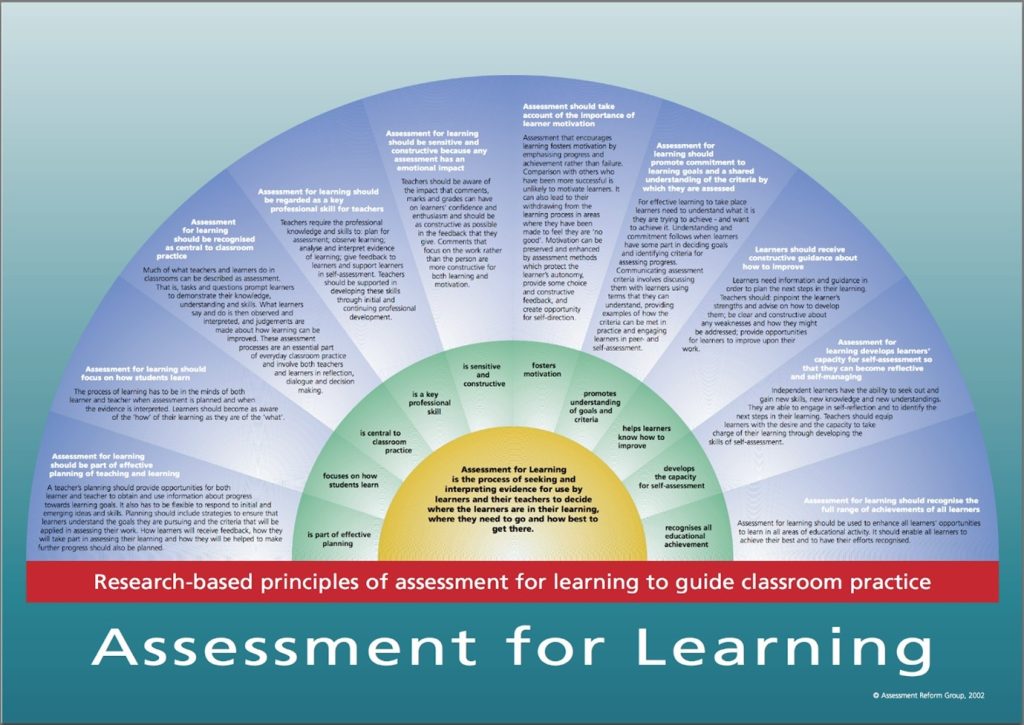Performance and Development
Assessment Literacy with Dylan Wiliam
On Friday 14 July along with many others, I attended a professional development session with Dylan Wiliam at the Catholic Leadership Centre. Dylan Wiliam is an emeritus professor of educational assessment at the UCL Institute of Education.
Wiliam reflected on assessment and began the day (and our robust discussion!) with the following quotes:
Wiliam views assessment as a procedure for making inferences and drawing conclusions. The challenge of educators is to design an assessment system that is:
- Distributed – so that the evidence collection is not undertaken entirely at the end.
- Synoptic – so that the learning has to accumulate.
- Extensive – so that all important aspects are covered (breadth and depth).
- Manageable – so that costs are proportionate to benefits.
- Trusted – so that stakeholders have faith in the outcomes.
Much of Wiliam’s research focuses on assessment for learning. Conclusions and inferences drawn can therefore enhance the learning of the student.
He explores the importance of formative assessment; the variety of methods teachers use to gather and interpret information about student learning as learning is taking place. This form of assessment allows teachers to monitor student learning and to adapt their teaching to meet student learning needs.

Wiliam notes the following ten principles of assessment. Assessment:
- is part of effective learning
- focuses on how students learn
- is central to classroom practice
- is a key professional skill
- is sensitive and constructive
- fosters motivation
- promotes understanding of goals and criteria
- helps learners know how to improve
- develops the capacity for self-assessment
- recognises all educational achievement
Formative Assessment ensures that as educators we can embrace these principles and ‘move the learning forward’. Wiliam focused on strategies and practical techniques of formative assessment to note where learners are at, and how to move their learning forward.
There was much to discuss, ponder and implement after Wiliam’s presentation. All left with a greater understanding of assessment literacy, interpreting assessments and formative assessment.
Wiliam concluded with his famous inspirational quote:
Clare Kelly
Assistant Principal: Performance and Development


